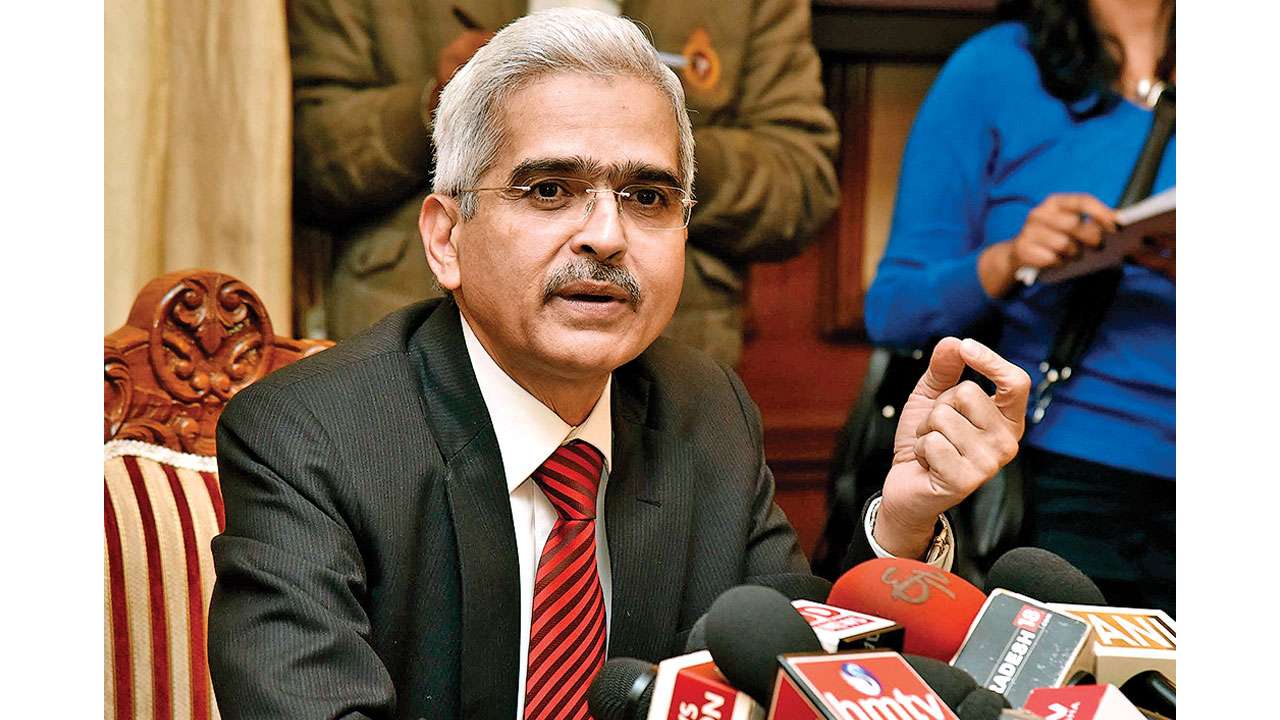RBI Governor, Shaktikanta Das has stated that private currencies such as cryptocurrencies are a threat to the country’s financial stability. The criticism against cryptocurrencies in a way is to caution and deter investors from trading as this asset class poses certain kinds of risks.
Das, also mentioned in his censure that cryptocurrencies do not have any underlying value as they aren’t backed by any asset, not even a “Tulip”.
I think it is my duty to tell investors that what they are investing in cryptocurrencies, they should keep in mind that they are investing at their own risk. They should keep in mind that these cryptocurrencies have no underlying (asset). Not even a tulip, said RBI Governor.
In the above statement, Das referred to Tulip in relation to “Tulip Mania” of the 17th Century. It was regarded as a financial speculative bubble where the object had no intrinsic value, but investors had pushed prices to unexpected levels just by purchasing massive quantities of it.
In the post monetary policy press conference, RBI Governor said,
As far as cryptocurrencies are concerned, the RBI stance is very clear. Private cryptocurrencies are a big threat to our financial and macroeconomic stability. They will undermine RBI’s ability to deal with issues related to financial stability.
Related Reading | The BDC Revamped The Bitcoin Design Guide With A Focus On The Lightning Network
Why Exactly Does RBI Oppose Cryptocurrencies
In the Union Budget of 2022-23, presented on February 1, the government had proposed a 30% tax on gains made from cryptocurrency trading. This move was looked at in a positive manner as it meant that the government had finally thawed cryptocurrencies.
In doing so, the government has shut the possibility of an outright ban on cryptocurrencies which the RBI pushed for.
In the Financial Stability Report released on December 29, RBI stated the various problems and concerns surrounding private cryptocurrencies.
The FSR report had indicated that private cryptocurrencies were a form of “illicit financing typologies that continue to emerge, including the increasing use of virtual-to-virtual layering schemes that attempt to further muddy transactions in a comparatively easy, cheap and anonymous manner”
It has been considered “illicit” owing to the immediate risks the asset class poses to investors. It is a given that customer protection is compromised in private cryptocurrencies along with prevalent anti-money laundering (AML) activities.
Cryptocurrencies have also been allegedly tied to financing terrorism. Due to the above reasons, RBI believes that it is imperative regulators and the government are sensitized towards the many risks that cryptocurrencies pose.
The biggest reason to oppose cryptocurrencies, according to the institution, is the possibility that the asset could fund a plethora of illegal activities as mentioned above. However, the other pertinent question happens to be if taxation is enough to solve these problems.
The latest comment from RBI Governor is reiterating the fact that taxation of cryptocurrencies is perhaps not enough to combat the various risks posed by digital assets.
Although the government believes that crypto transactions should be taxed to ensure that the risks do not manifest, RBI continues to believe otherwise.
Just by taxing the asset, risks do not plummet. This warning by Shaktikanta Das is indeed another wake-up call to the government and investors alike.
Related Reading | Terra Secures Sports Sponsorship Deal With MLB’s Washington Nationals











